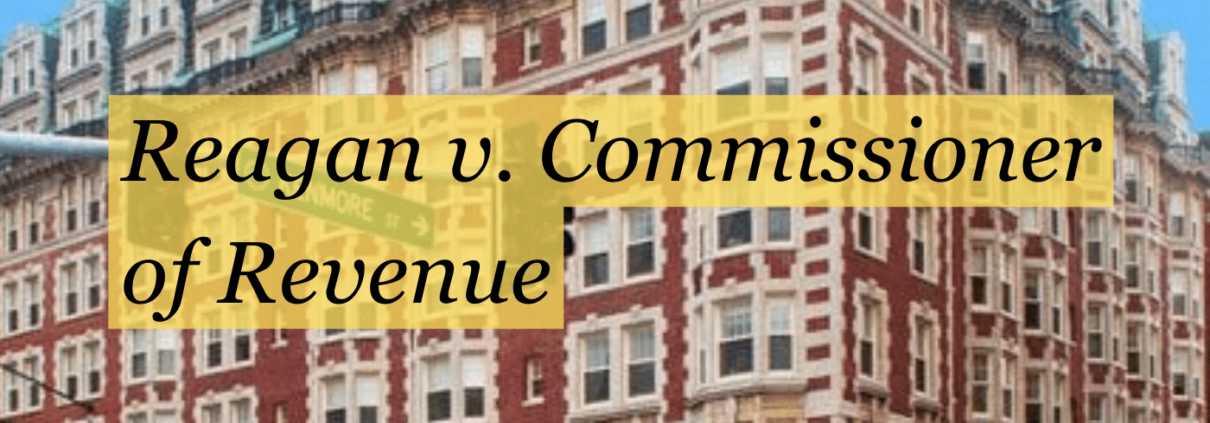Safeguarding Tax Concessions for Urban Redevelopment
On March 10, 2023, the Massachusetts Supreme Judicial Court reversed a decision of the state’s Appellate Tax Board, finding that a tax concession granted to the developers of urban redevelopment projects extends to the capital gains realized from the sale of those projects. The SJC had transferred the case on its own initiative from the Appeals Court. Pioneer Public Interest Law Center — then known as PioneerLegal — had submitted an amicus brief in the case.
Since the 1950s, Massachusetts has encouraged redevelopment of dilapidated properties under Chapter 121A of the state laws, which provides incentives for private investment. James J. Reagan, Jr. was the owner of three limited partnership interests — St. James Company, Blackstone Company, and Kenmore Abbey Limited Partnership — that invested more than $45 million over the last 40-plus years to transform abandoned or vacant properties in Boston into housing for the elderly and individuals with disabilities.
When Reagan and his wife, Irene M. Reagan, filed their 2012 state tax return, they took the position that the capital gains they had realized from the sales of the projects were exempt from tax because they were “on account of” those projects—in keeping with the language of Chapter 121A. The Reagans appealed their notice of assessment in July 2020. The SJC ruling found that the increased value of the properties was causally related to the project, and that extending the tax exemption to a capital gain from the sale of a Chapter 121A project is “buttressed by the statute as a whole.”


